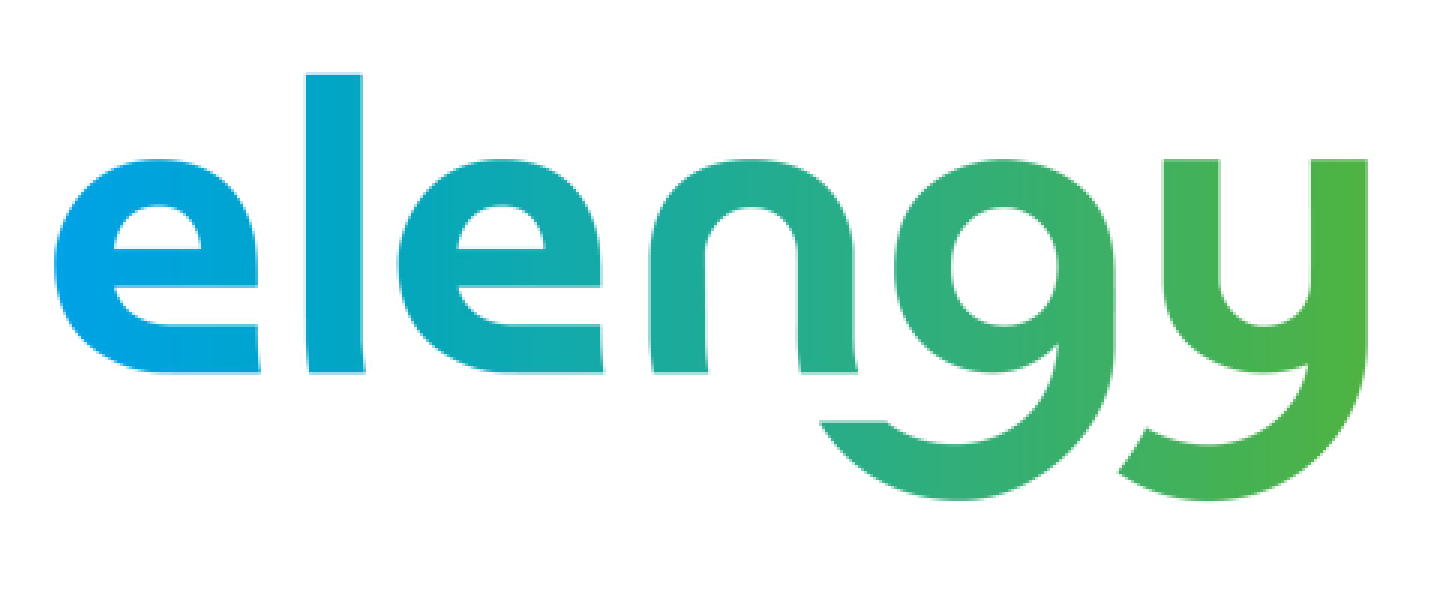Three historical CO2 emitters, partners in the GOCO2 project, and two new industrial companies, future users of this CO2, have committed to the development of GOCO2 by 2030.
Building on this success, GRTgaz and Elengy have announced the launch of their feasibility studies.
The calls for expressions of interest (AMI) launched by GRTgaz and Elengy as part of the GOCO2 project targeted all the players involved in creating
The calls for expressions of interest launched by GRTgaz and Elengy as part of the GOCO2 project targeted all the players involved in creating a new CO2 value chain: manufacturers with a CO2 capture project and looking for a transport and storage solution (so-called CCS1 projects), and manufacturers with CO2 recovery projects (so-called CCU2 projects) up to 2030.
To date, five companies have committed to GRTgaz and Elengy to continue developing GOCO2 up to 2030: Heidelberg Materials, Lafarge and Lhoist as emitters, and Hynamics and Elyse Energy for their CO2 utilisation projects.
Ten other companies have indicated a potential interest in CO2 projects beyond 2035.
These results confirm industry's need for a CO2 transport, liquefaction and export infrastructure in the Greater West of France. They will also support the emergence of CO2 recovery projects, in particular for the production of synthetic fuels.
For Sandrine Meunier, Chief Executive Officer of GRTgaz, “CO2 capture and storage will be a key factor in attracting industry to countries that offer suitable logistics. Our ability to plan infrastructure now with public and private players, to meet all the region's needs, is a guarantee of success for the future.”
For Nelly Nicoli, Elengy's Managing Director, “this result confirms our strategic commitment to developing concrete decarbonisation solutions for industry and thus contributing to the emergence of a CO2 capture, storage and utilisation chain in France.”
Launch of feasibility studies
GRTgaz and Elengy have announced the launch of their feasibility studies (or preFEED). These studies will establish the dimensions of the transmission infrastructure and the terminal, as well as an assessment of their cost and of the regulatory and environmental issues involved in integrating them into the areas concerned.
Detailed engineering studies can then be initiated from 2025. A grant application is being prepared for these studies under the CEF (Connecting Europe Facilities) funds, following the approval of the European CIP (Project of Common Interest) project.
About GOCO2
Launched in July 2023 and supported by the Pays de la Loire Region and the Grand Port Maritime de Nantes Saint-Nazaire, GOCO2 is currently the largest decarbonisation project in Western France in terms of the volume of CO2 captured and transported.
Located mainly in the Pays de la Loire and Nouvelle-Aquitaine regions, it could eventually transport and export up to 4 million tonnes of residual CO2 per year by 2050.
GOCO2 is identified as phase 1 (priority) in the French government's Carbon Capture, Utilisation and Storage Strategy (CCUS), published in July 2024. It is also part of the Loire Estuaire Decarbonation initiative, which won the ADEME's ZIBAC (Zones Industrielles Bas Carbone) call for projects.
About CO2 capture, transport and storage and decarbonisation of industry (CCUS)
Industrial CO2 capture, transport, conversion into synthetic fuels or storage in suitable geological formations (CCUS) is an essential solution for capturing the incompressible residual emissions, known as by-products, from industrial manufacturing processes and converting the so-called biogenic CO2 from the production of biofuels or the conversion of biomass products and waste. These CCUS solutions are now essential if we are to ‘take the last step’ and meet our targets for reducing CO2 emissions, while at the same time helping to reindustrialise our regions.
GRTgaz and Elengy are working to develop this value chain by offering infrastructures for transporting, liquefying and exporting CO2 to permanent geological storage areas.
